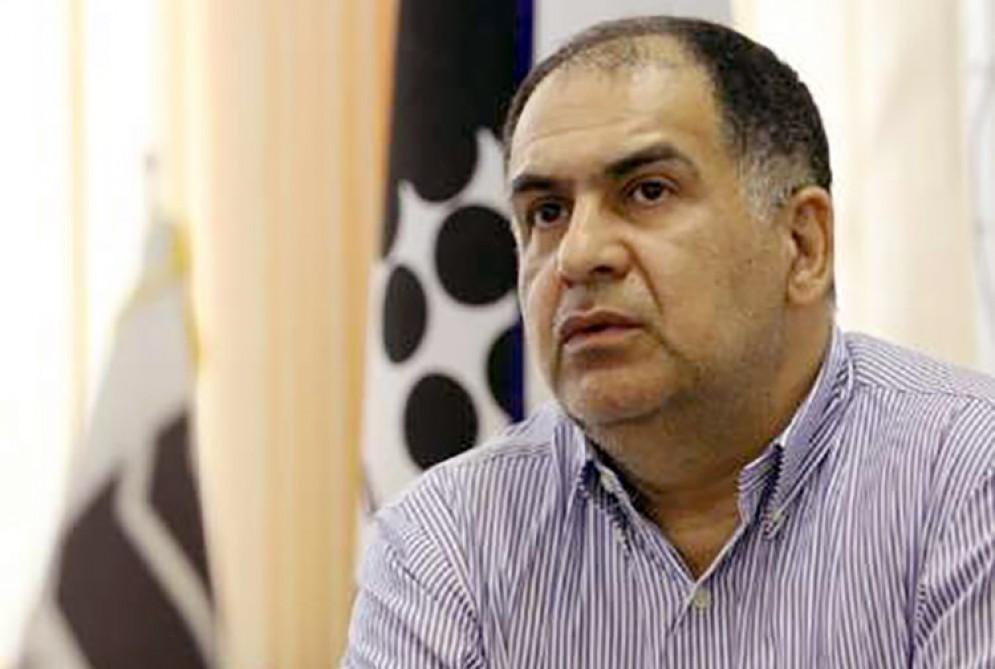London- Managing Director of the Islamic Republic News Agency (IRNA) Mohammad Khodadadi and Al-Jazeera Media Network’s Director General Mostefa Souag have recently met in Doha to discuss ways to develop cooperation between the two media outlets, according to IRNA.
During their meeting, Khoddadi and Souag emphasized the need for using the media to create an atmosphere of peace, friendship, and convergence.
IRNA quoted Khoddadi as stressing “the need for exchanging information by relying on primary sources to present a real image of developments.”
The Iranian official, who for years has been holding important media posts after leaving the Revolutionary Guards’ political bureau, warned that any attempt to block the free stream of information or any action to prevent dissemination of information or free activities by the media people are doomed.
He claimed the Iranian media are seriously trying to use information as a tool to foster more convergence and mutual understanding and to enhance peace and security.
For his part, Souag expressed the channel’s willingness to strengthen cooperation with IRNA, adding that the Qatari channel is “keen to strengthen cooperation with the media and to transmit information on Iran,” IRNA reported.
Iranian authorities closed Al-Jazeera bureau in 2005 after covering the Ahwaz protests, but Tehran allowed the channel to reopen its office coinciding with the beginning of the Hezbollah-Israel war in July 2006.
It is the first time that negotiations between Al-Jazeera and Iranian government media outlets are announced.
In 2008, Al-Jazeera discussed with the Iranian Ministry of Culture and Information a cooperation project believed to be aimed at “improving Iran’s image in Arab countries.”
The project targeted different areas of the Arab world, but it faltered at the end of 2010 after the launch of the so-called “Arab Spring” in several countries.
In addition to political programs aimed at explaining the political vision of Iran and its allies, the project included the dubbing of Iranian series into Arabic in order to compete with the Turkish series as well as developing Arab channels and sections in Iranian media institutions.
